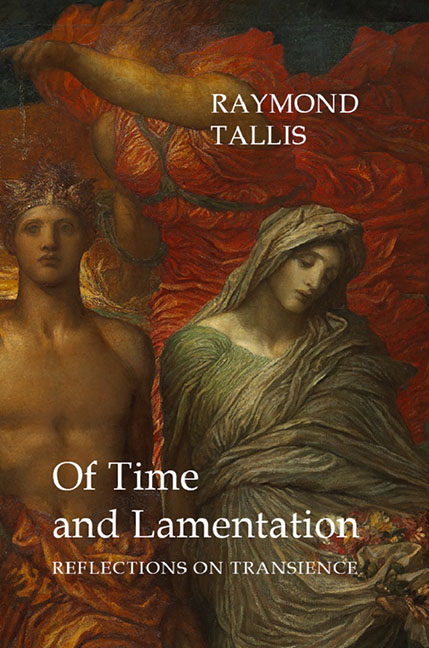Chapter 1 - Introduction: seeing time
Published online by Cambridge University Press: 09 August 2023
Summary
Ineluctable modality of the visible.
Joyce, Ulysses, 45Vision: from implicit to explicit time
Something we call “time” permeates everything that happens and everything we do. Events, processes, experiences, actions, and activities take place at particular times and occupy stretches of time, are composed of constituents that also occupy time, have a temporal order, and are otherwise related in time to each other. Time also seems to be intimated to us from within our own bodies, incarnate in what we may think of anachronistically as “proto-clocks” formed out of recurrent and cyclical events within the cycle of our days: waking and sleeping, rising and settling down, the patterns of hunger and thirst, and, more prominently, the rhythms of breathing and the heartbeat and the tick-tock of walking. But this inherent time of the body does not amount to fully explicit time, even less “timing”, since it is not clearly offset from the changes in which it is expressed. The rhythm of my heart is, even when it is noticed, interwoven with the activities or emotions that cause the organ to beat faster and more thickly. The temporality of what is going on is consequently for the most part implicit, woven into what is experienced.
Time as something “in itself”, that is available ultimately to be clocked, is most clearly developed in relation to our consciousness of things outside of our bodies, “out there”. The immediate presentation of the world around us, unfolding in or over time, is the first step towards opening up the present to an ever more remote past, an ever more distant future. Eventually we locate ourselves in a common past and future flanking a communal present – in a remembered social history and anticipated social future we share with our fellow humans, and a natural history we share with all beings. Ultimately, we come to be aware of our lives as brief episodes in a story that stretches from pre-history to post-history, from the Big Bang to the Big Crunch.
Foremost among the senses that yield an explicit sense of time, though by no means exclusive, is vision. While it is obvious that vision is a revelation of explicit space it is less easy to appreciate its importance in the revelation of explicit time.
- Type
- Chapter
- Information
- Of Time and LamentationReflections on Transience, pp. 17 - 28Publisher: Agenda PublishingPrint publication year: 2017



